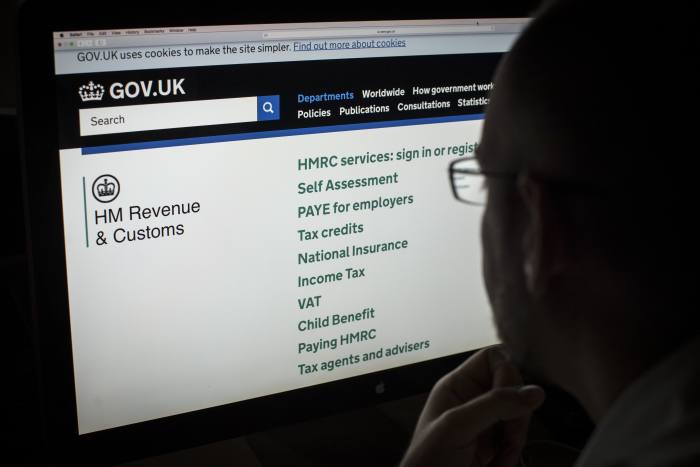
HM Revenue and Customs is to change its approach on tax avoidance schemes in order to identify individuals who are caught up in these schemes at the earliest opportunity to ensure they pay the correct amount of tax.
The tax authority has today (March 19) published a policy paper outlining its strategy to tackle promoters of mass-marketed tax avoidance schemes.
Tax avoidance is bending the tax rules in order to gain a financial advantage which was never intended by parliament.
Promoters of tax avoidance schemes include companies and people ranging from the designers of schemes to accountants and financial advisers who recommend the schemes to their clients.
In order to catch people that use these schemes, HMRC currently waits for taxpayers to file their self assessment return before enquiring into the scheme.
But going forward it is to change its method and instead use employers' PAYE real time information returns and other data to spot avoidance risks, meaning it will no longer have to wait until the self assessment deadline to catch people underpaying tax.
It will then contact these taxpayers at the earliest opportunity, which could be within a couple of months of them entering the scheme, to make them aware of HMRC’s concerns and help them understand what they need to do to pay the right amount of tax.
HMRC stated: “This will mean that we can help them out of their avoidance schemes before they have built up large tax bills.”
It is also setting up a team to contact taxpayers to highlight the risks they face by entering a tax avoidance scheme and provide advice on how they can leave it.
HMRC stated: “We know that promoters will continue to devise new schemes to try to get around the tax rules, and that no strategy can be the final word.
“The government will continue to welcome new and ambitious ideas for tackling promoters of tax avoidance, including through the forthcoming call for evidence on tackling disguised remuneration.
“While tackling promoters is a key element of how HMRC will approach the mass-marketing of tax avoidance schemes, we are also committed to helping taxpayers steer clear of avoidance through targeted communications, or by making early interventions, where we suspect a taxpayer has entered a tax avoidance scheme.
“Our aim is to help taxpayers move out of avoidance schemes before they build up large tax liabilities.”
The government will issue a call for evidence in due course seeking views on what further action is needed to address disguised remuneration tax avoidance.
It will support the work carried out by HMRC on disrupting the business models and economics of promoters as well as strengthening the tools available to stop these schemes.
HMRC is also planning to work with the Financial Conduct Authority (FCA) to develop a process for referring individuals or actions which fall into the regulator’s remit on a case by case basis.
In 2020-21, the tax authority will run an awareness campaign which will target certain sectors where promoters are particularly active, for example IT, medical and oil and gas industries.





